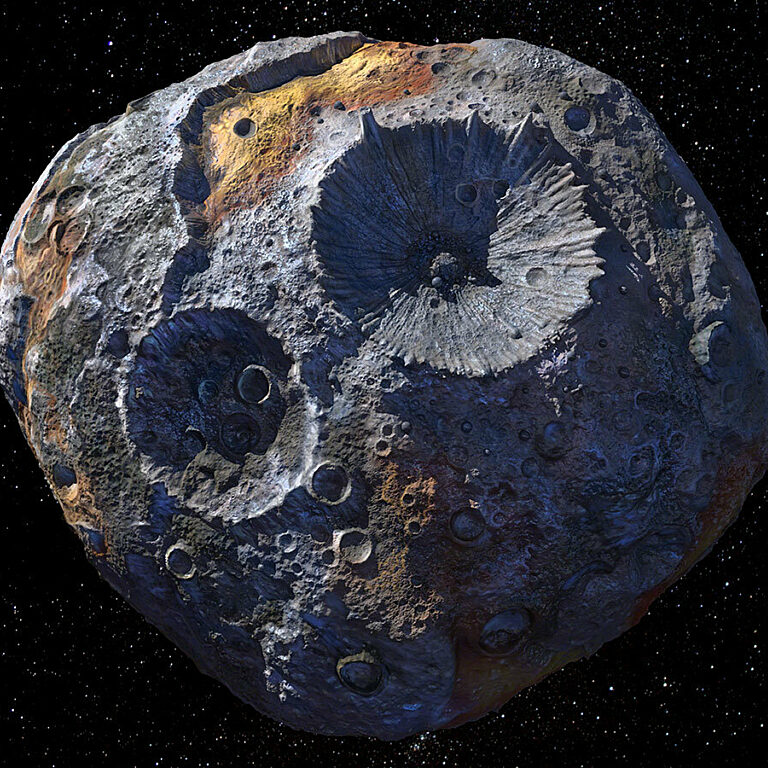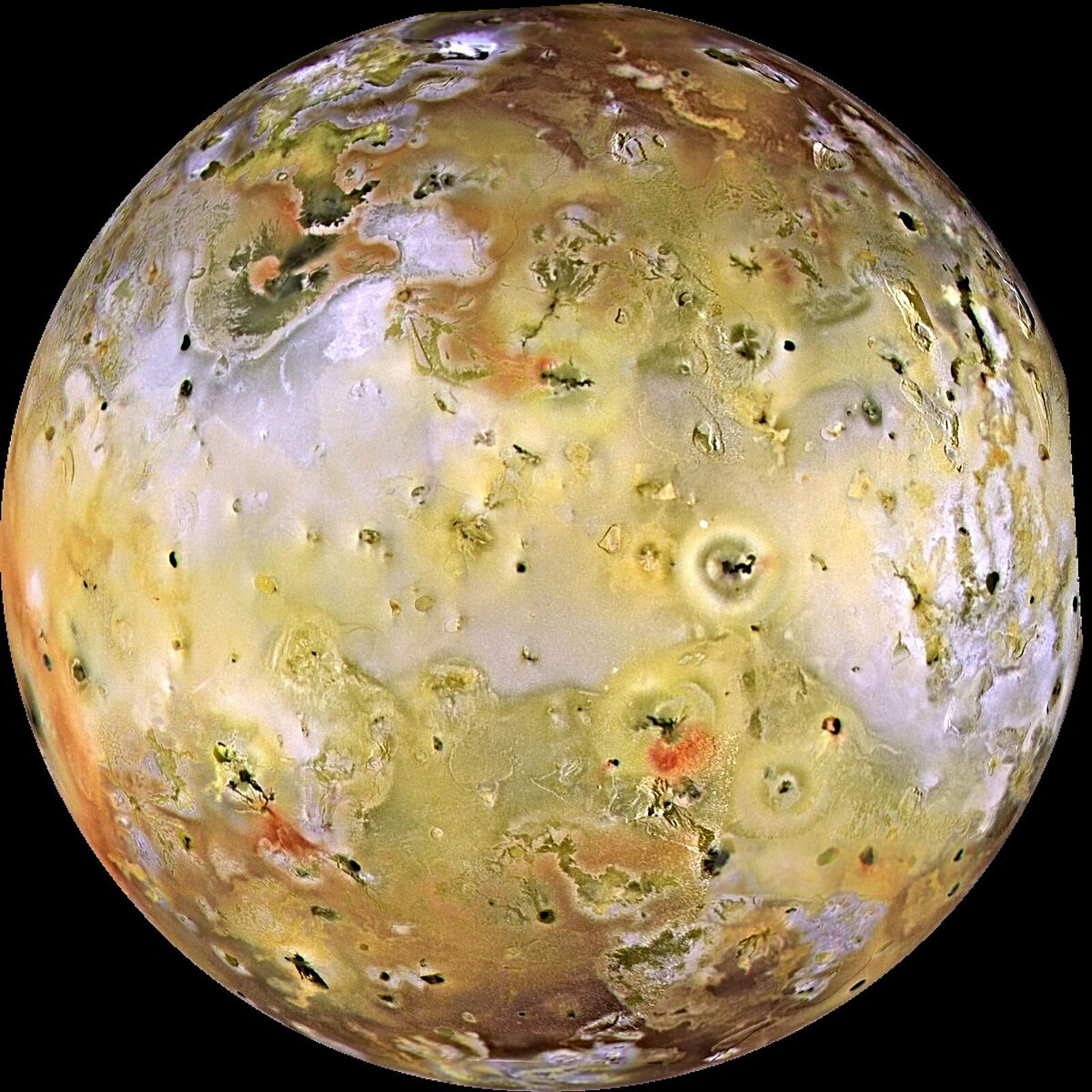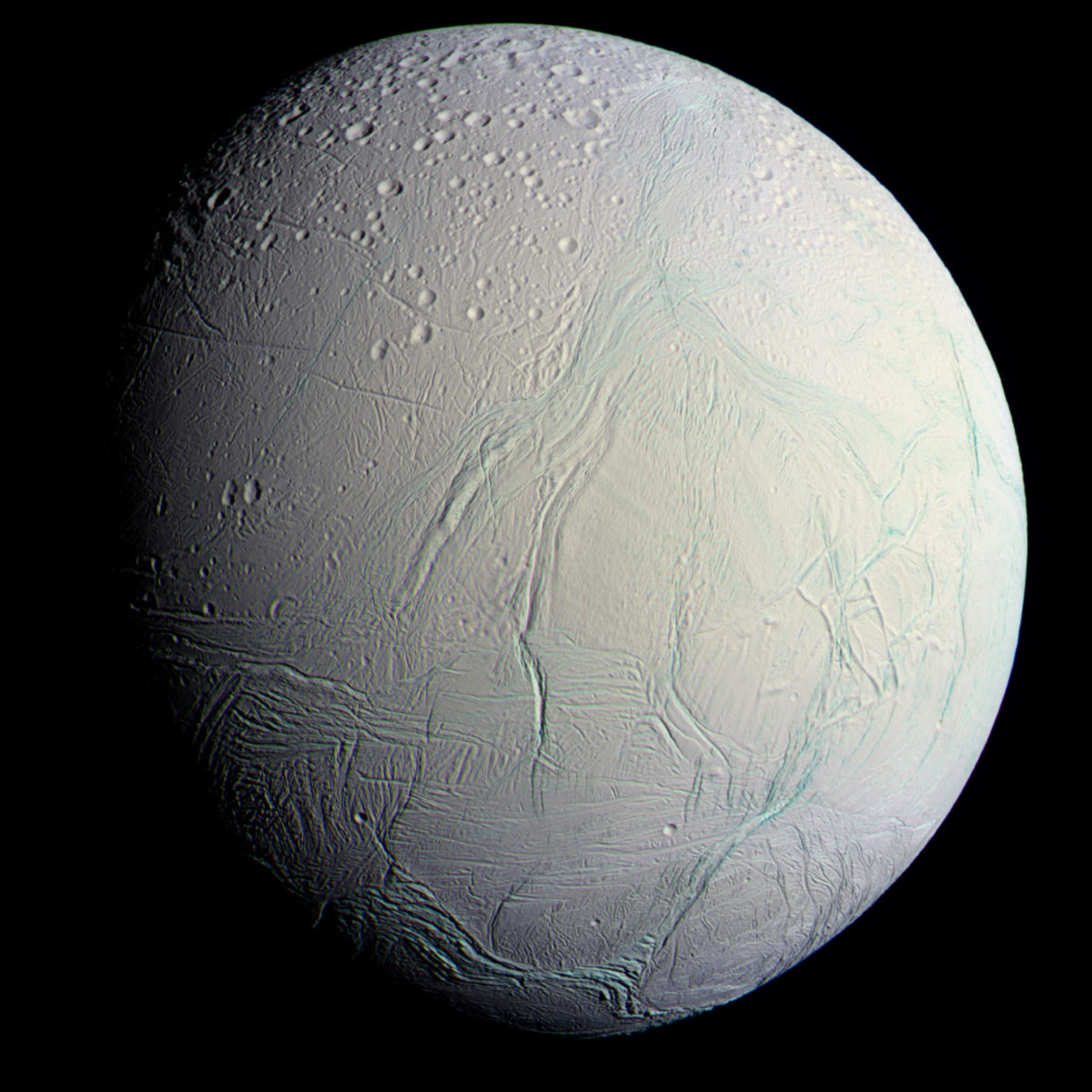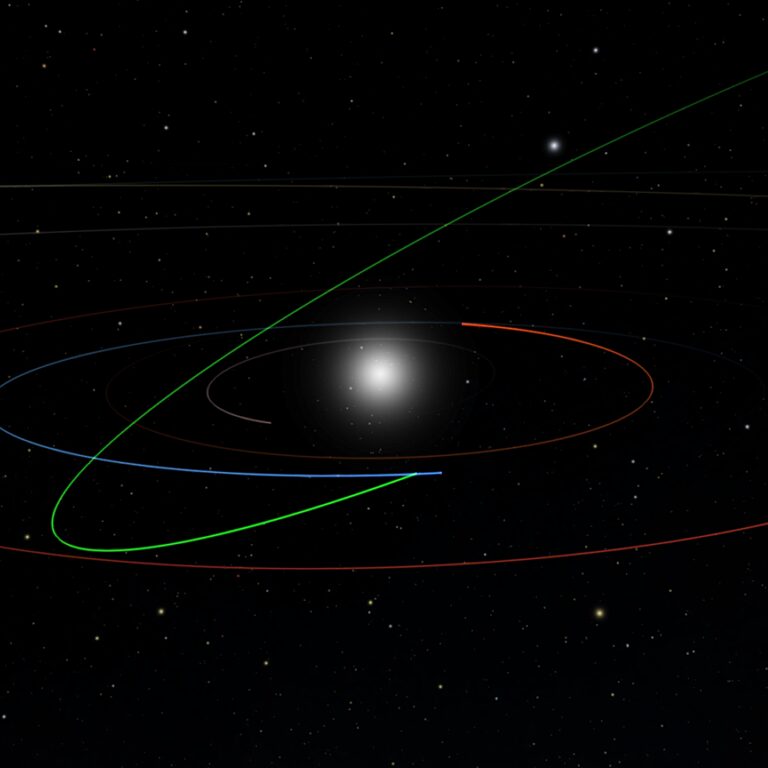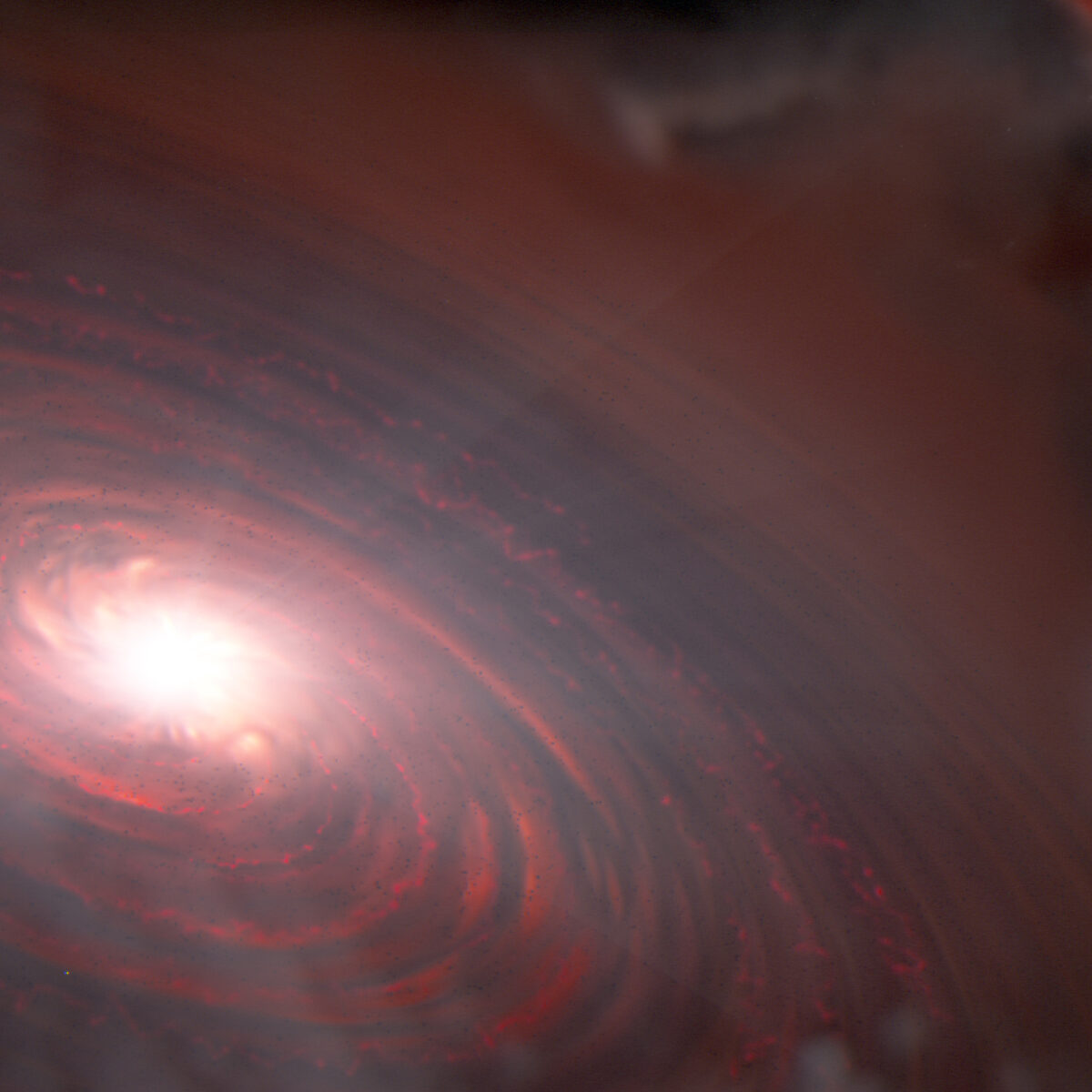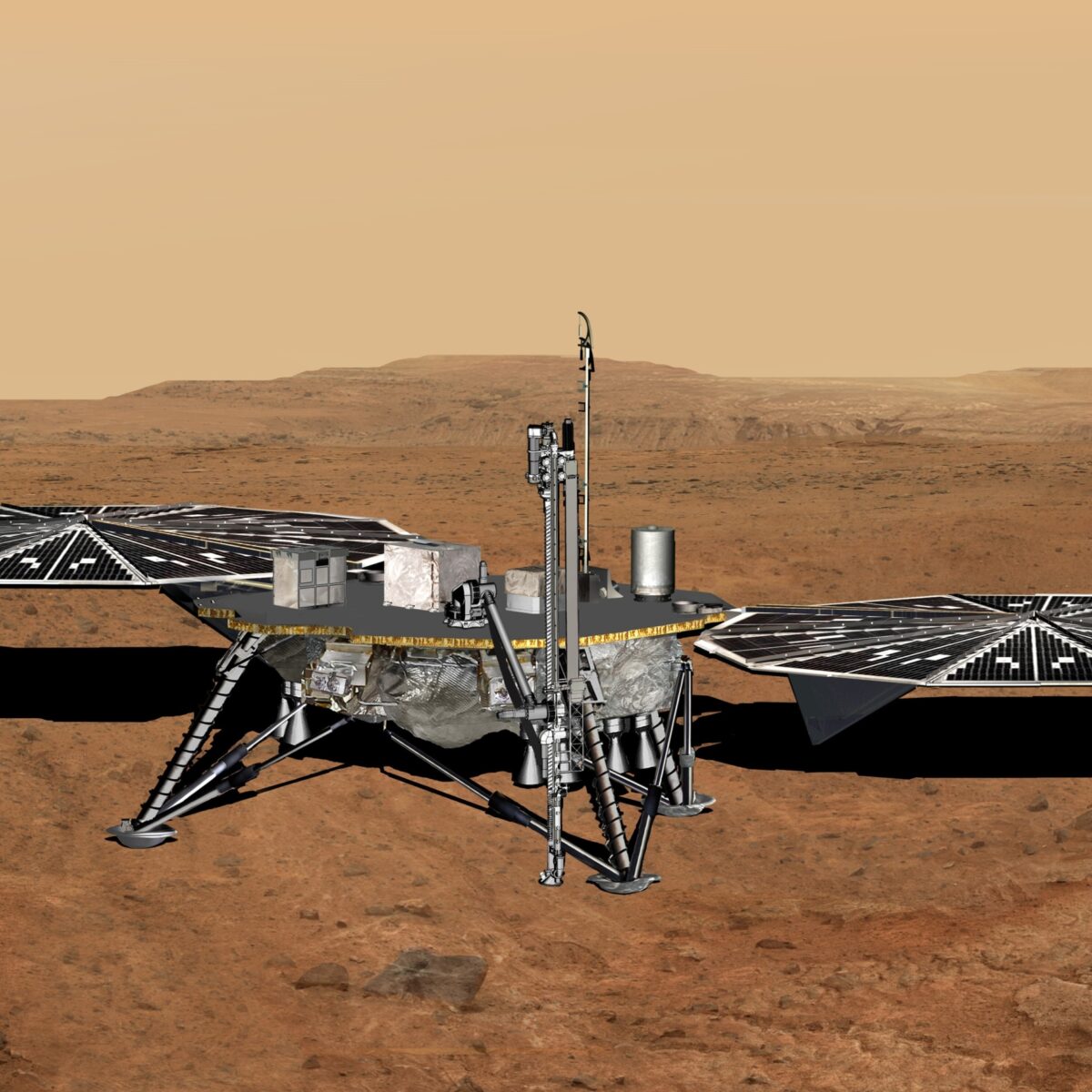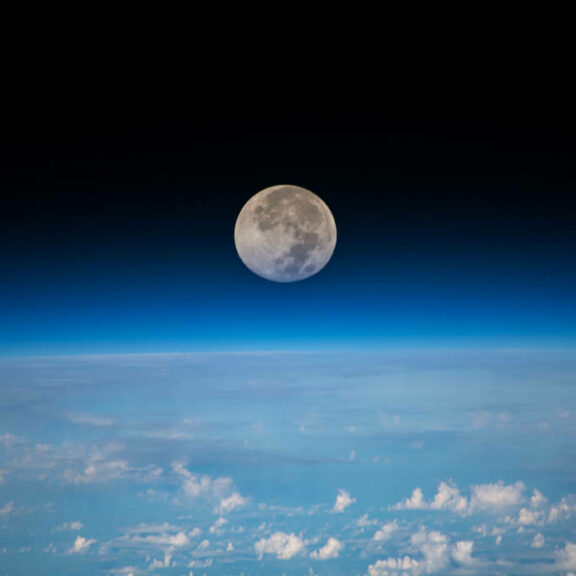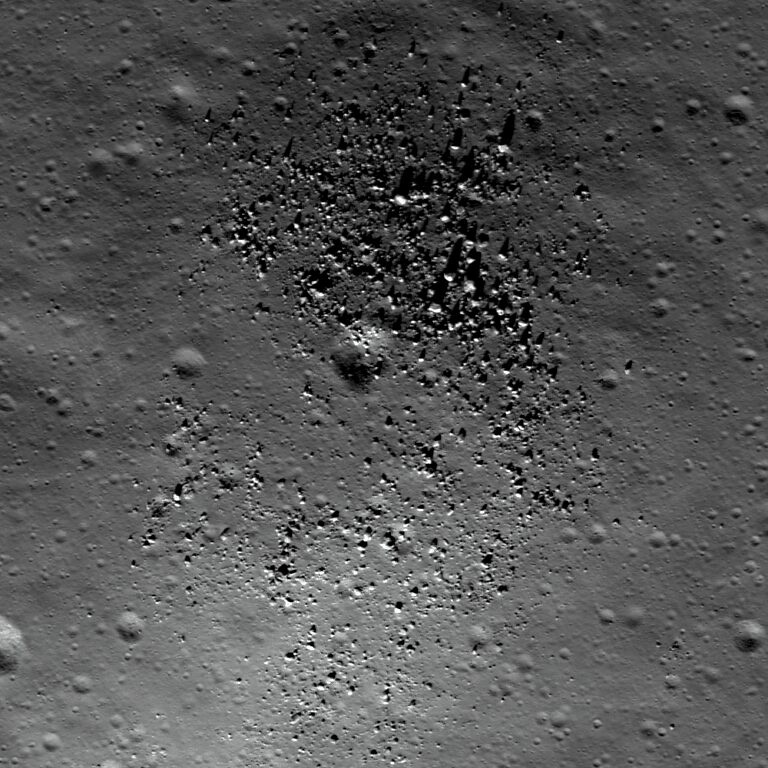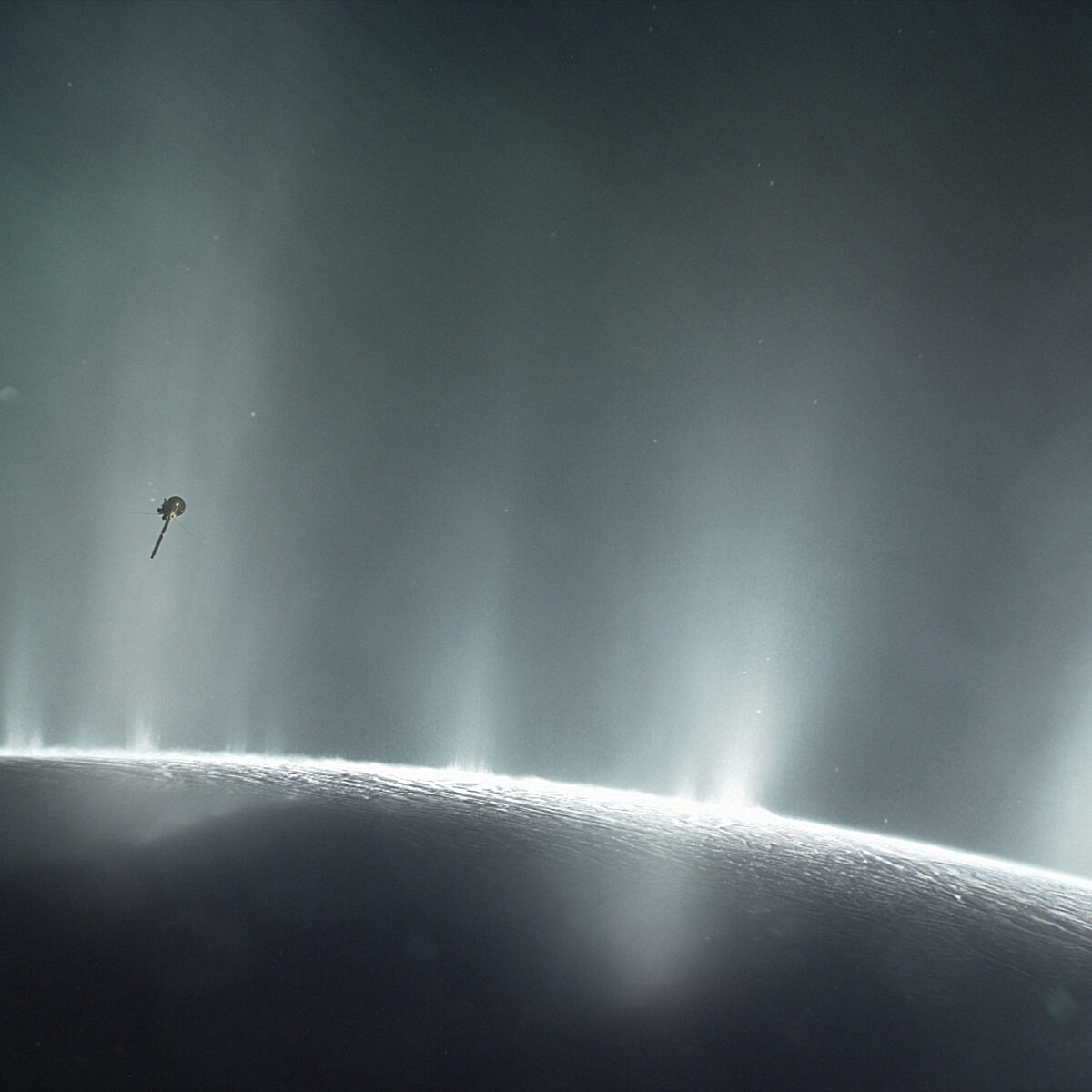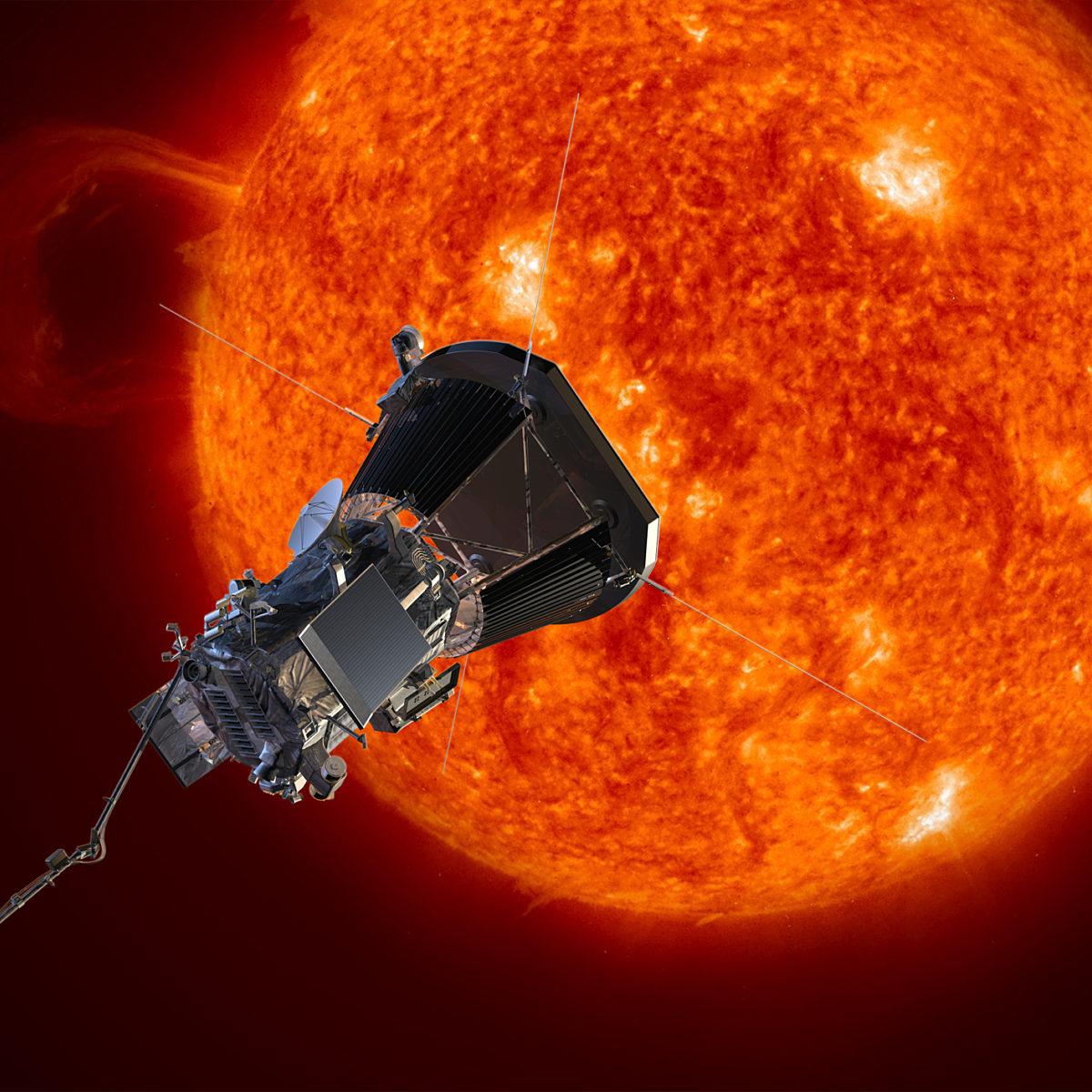Since 2002, Planetary Radio has visited with a scientist, engineer, project manager, advocate, or writer who provides a unique perspective on the quest for knowledge about our Solar System and beyond. The full show archive is available for free.
Search Planetary Radio
Simone Marchi, co-investigator for NASA’s Psyche mission, joins Planetary Radio to share the creative ways their mission team is working to understand cratering on metallic worlds.
The InSight RISE instrument's principal investigator, Sebastien Le Maistre, from the Royal Observatory of Belgium, joins Planetary Radio to discuss Mars' increased rotation speed.
We celebrate NASA’s OSIRIS-REx mission’s successful return of samples from asteroid Bennu to Earth on this week’s episode of Planetary Radio.
Join Planetary Radio host Sarah Al-Ahmed on a trip to the 2023 NASA Innovative Advanced Concepts (NIAC) Symposium in Houston, Texas. This episode is part two of two.
Join Planetary Radio host Sarah Al-Ahmed on a trip to the 2023 NASA Innovative Advanced Concepts (NIAC) Symposium in Houston, Texas. This episode is part one of two.
Louis Friedman, one of the three co-founders of The Planetary Society, joins Planetary Radio to discuss his new book, Alone but Not Lonely: Exploring for Extraterrestrial Life.
Voyager project manager Suzanne Dodd and Voyager project scientist Linda Spilker discuss reestablishing contact with Voyager 2 and Carver Bierson from Arizona State University tells the tale of how Io went from a water-rich moon into a world with lakes of lava.
Lujendra Ojha, assistant professor at Rutgers University, joins Planetary Radio to discuss how subsurface liquid water on exoplanets orbiting red dwarf stars could increase the likelihood of finding habitable worlds beyond our Solar System.
Mario Jurić and Ari Heinze from the University of Washington join Planetary Radio to discuss their team’s next-generation asteroid discovery algorithm, HelioLinc3D.
Kevin Trinh from Arizona State University joins Planetary Radio to discuss his research into Europa's formation history and the consequences for the moon's habitability.
Giulia Perotti and Thomas Henning from the Max Planck Institute for Astronomy join Planetary Radio to discuss their team's detection of water vapor in the inner region of a protoplanetary disc that is already forming worlds.
Amy Williams, assistant professor of geology at the University of Florida, joins Planetary Radio to discuss the proposed Mars Life Explorer mission and the search for extant life on Mars.
Scott Pace, the prior executive secretary of the National Space Council, discusses why Artemis is of strategic value to U.S. national interests — and why the Moon is unique as a destination to drive global space exploration.
Matt Siegler from the Planetary Science Institute shares his team's surprising findings about the granite formation that might lie beneath Compton-Belkovich, a thorium-rich hot spot on the far side of the Moon.
Chris Glein, a lead scientist at the Southwest Research Institute, joins Planetary Radio to talk about the discovery of phosphorus in the oceans of Saturn’s moon Enceladus and the implications for the search for life.
Caltech and Brown University’s Jay Dickson joins Planetary Radio to discuss the mysterious formation of gullies on Mars.
Sam Birch, an assistant professor at Brown University, explores what we know about the alluvial rivers of Earth, Mars, and Saturn's moon Titan.
We check in on the congressional budget process for NASA, Mars Sample Return’s spiraling cost growth, and the impending end of the regulatory holiday for human commercial space launch companies.
Planetary Radio, Mat Kaplan, senior communications adviser at The Planetary Society, takes us to the 2023 Humans to Mars Summit in Washington, D.C. We'll share his conversation with three NASA Associate Administrators, Nicola Fox, James Free, and James Reuter about the international, commercial, and robotic collaboration it will take to put the first humans on the Red Planet.
James Drake from the University of Maryland joins Planetary Radio to talk about the latest results from NASA's Parker Solar Probe as it soars closer to our star than any spacecraft in history.


 Explore Worlds
Explore Worlds Find Life
Find Life Defend Earth
Defend Earth


